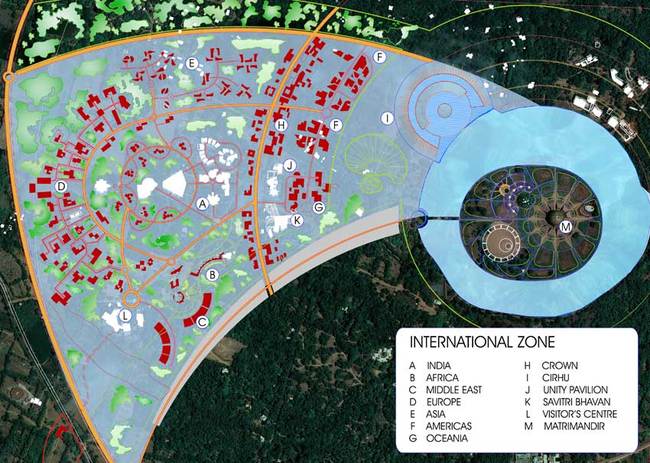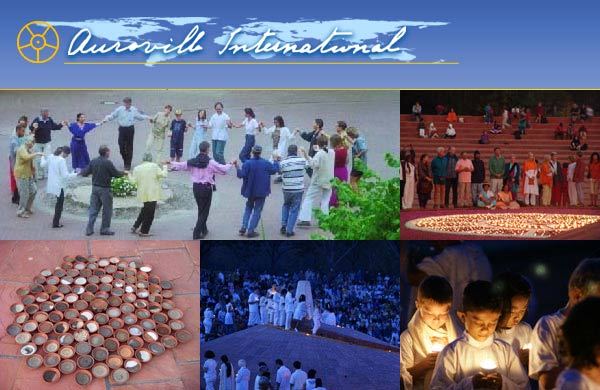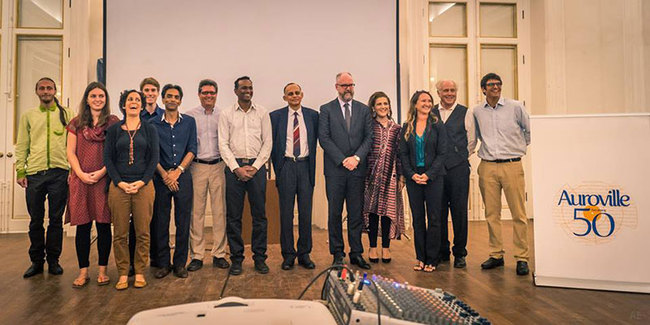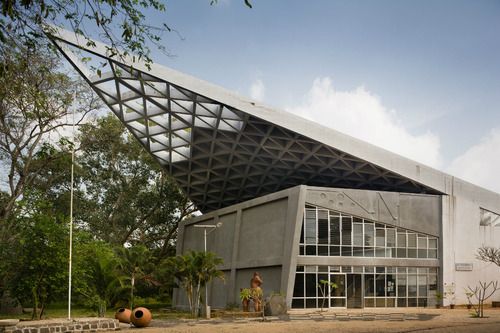Last updated:
Centre for Indian Culture

Centre for Indian Culture
The Centre for Research in Indian Culture was set up in 1984 in one of the unfinished pavilions of Bharat Nivas, the Pavilion of India, situated in the International Zone of Auroville. Its main purpose was to bring into focus the work that Bharat Nivas, when completed, would undertake in a fuller manner.
Aims
The specific aims of CIC were three-fold:
- In pursuance of the spiritual work done
by Sri Aurobindo and the The Mother, to carry out research into the newer
dimensions of being and of life with a view to discovering the possibilities of
the future; ways of re-moulding life itself to re-create the human being in a
supramental form; and visualising new processes of growth and experimenting
with them. All this while recovering the essential truth of the processes known
in the past.
- To explore afresh – with the
consciousness of the modern age – the ancient truths of the Indian experience
of reality, and to learn to discern and to identify the processes of life and
action that flow from those truths. Having done so, to then apply them,
concretely and repeatedly, to the issues and situations of contemporary life,
for which ample opportunity is offered by the diverse collective life of
Auroville itself. Also to note and observe how far these ancient processes
prove effective even today, and how far they can renew themselves and move into
further dimensions. For example, do they yield happier results than those
obtained by following processes emerging from other roots of experience? It
might be added briefly that this area of research, pursued over many years, has
proved most fruitful, with the result that a sense of confidence has been
gained, insights arrived at and concrete results accumulated.
- To create a physical space, within the
experiment of Auroville, where the characteristic “feel”, “vibration” and
“dynamics” of the Indian experience of life and reality could be made tangible
and pervasive; that space to further generate varied activities, involving
individuals and groups.
Facilities
The Centre offers the following facilities:
- A small but specialized library of
books on Indian culture – English translations of ancient texts, treatises and
literary works; encyclopaedias; books on Indian art; modern Indian literature;
etc. Also a collection of Sanskrit texts and some Indian journals is available.
- A collection of music, both Carnatic
and Hindustani.
Activities
The Centre is involved in a number of
activities, both within Auroville and also outside, such as:
- Within Auroville – there are workshops,
publications, numerous exhibitions of art by Auroville artists, as also artists
coming from outside. Creative programmes of dance, music and theatre are also
presented – some by Aurovilians, others by eminent personalities from around
India. Classes are offered in Indian dance and music to the international
community of Auroville. Since these activities have now become manifold, other
centres within Bharat Nivas, such as Kala Kendra and Kalai have taken them in
their charge.
- Outside Auroville – the Centre is
invited to national and international conferences in India and in other
countries hosted by some of the major institutions and universities. Papers
reflecting the experience gained by the Centre have been presented and
published.
- One of the main thrusts of the work of
the Centre is to complete the campus of Bharat Nivas, along the guidelines
given by The Mother, when she initiated work on it in 1971. After decades of
struggle to this end, we have since three years the support of the Governing
Board of the Auroville Foundation to provide for adequate funds to do so. This
financial help is now provided by the Government of India and Shri B.V. Doshi,
the eminent architect, has accepted the responsibility of guiding this work
with the help of Auroville architects. Thus two new buildings are coming up –
Tamil Heritage Centre and Centre of Indian Studies. The old ones are undergoing
renovation and completion. The landscaping of the entire campus is under way.
In the next 3-4 years, we hope to see the entire Bharat Nivas well laid out and
the buildings finished.
- (d) Since several years we have been
hosting an annual International Conference on themes of current interest. To
list a few of the themes –
- Humanity at the Crossroads
- The Sense of the Infinite – the Sprit of Indian Culture
- All life is Yoga
- Yoga and Transformation
- The New Dynamism of the Material and the Spiritual
- Mutation... a Process
- Mutation II... a Clearing
Contact: cicbn@auroville.org.in
-

Bulgarian Pavilion
-

Inuksuk and the Canadian Pavilion Group
-

Scandinavian Pavilion
-
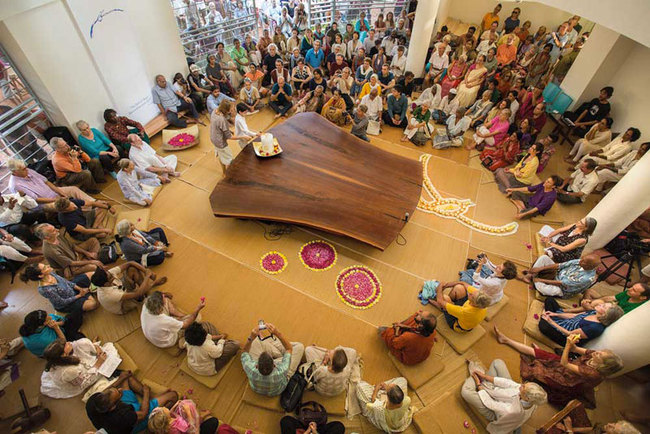
George Nakashima's Peace Table for Asia in Auroville's Hall of Peace
-
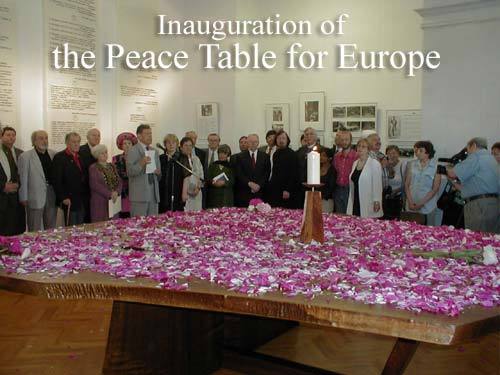
Inauguration of the Peace Table for Europe
-
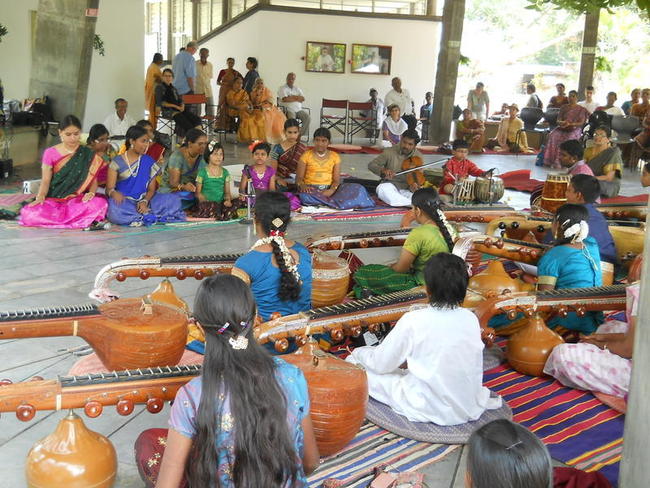
Tamil Heritage Centre (THC)
-
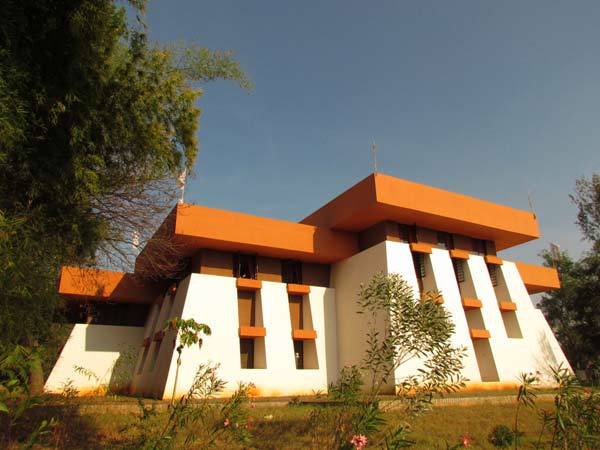
Pavilion of Tibetan Culture
-
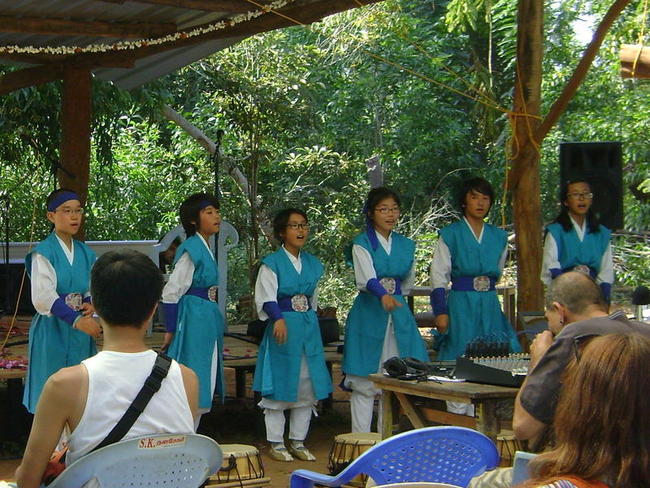
Korean Pavilion
-
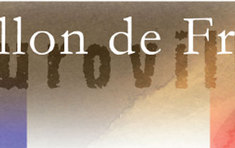
French Pavilion - Pavillon de France
-
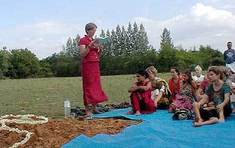
German Pavilion
-

The Hall of Peace
-
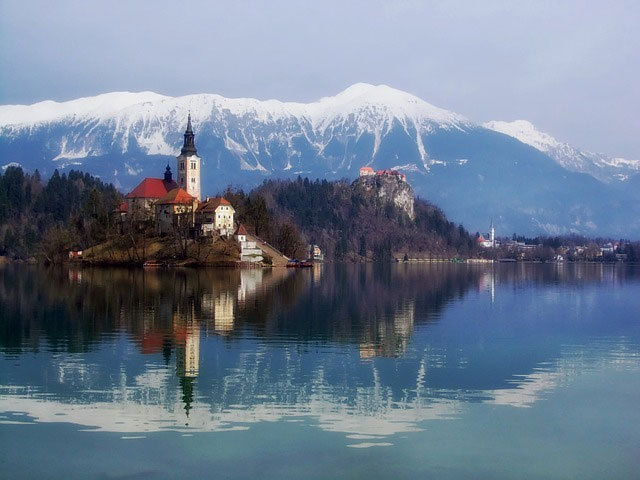
Slovenian Pavilion
-

Italian Pavilion
-
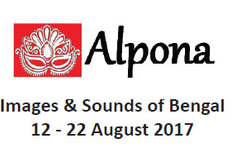
Alpona - Images and sounds from Bengal
-
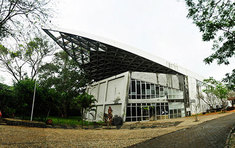
Bharat Nivas - Pavilion of India
-
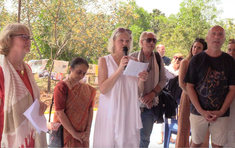
The European House
-
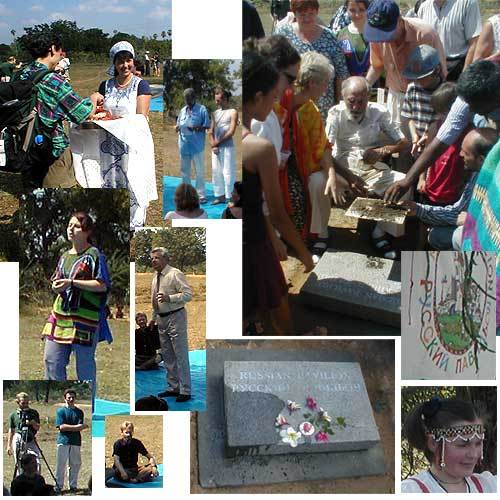
Russian Pavilion
-
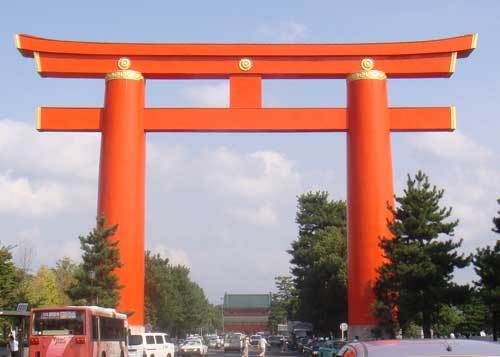
Japanese pavilion
